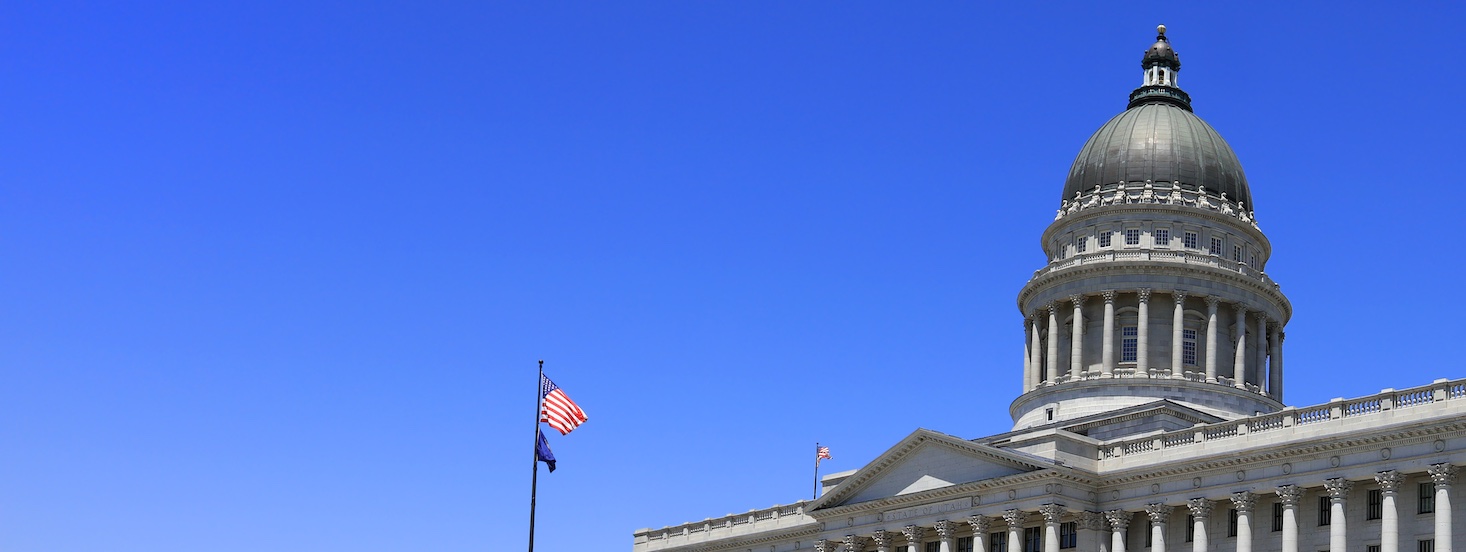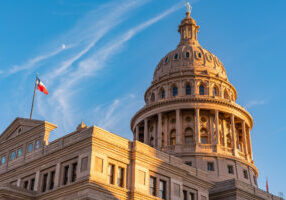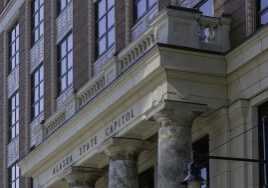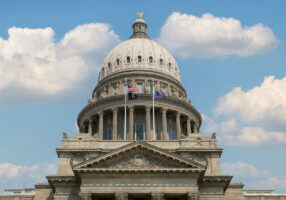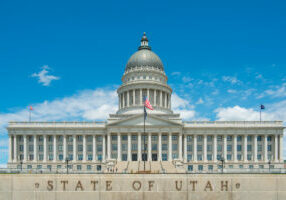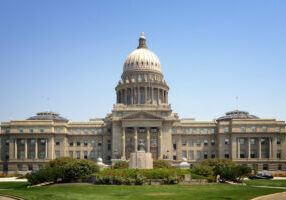The Utah State Legislature’s 2021 general session, which adjourned on March 5th, was one of the most productive in recent memory. Lawmakers addressed several significant issues with the backing of Governor Spencer Cox and legislative leadership. This session’s primary challenges included developing a $23 billion budget for the next fiscal year, how best to spend over $1.5 billion in extra revenue collected last year, and several social issues.
2022 Budget and Extra Revenue
Too much money to spend is a good problem, but it still needs to be resolved this year. Legislators decided to use over $1.2 billion for infrastructure projects, including $300 million toward double-tracking the FrontRunner commuter rail system. In addition to billions in spending, lawmakers passed approximately $100 million in tax relief to retirees, veterans, and families with children.
The Legislature budgeted $50 million for affordable housing and homelessness and another $400 million on education. Of the education funding, $121 million will go directly to educators in the form of a one-time $1,500 “appreciation” bonus for adjusting teaching methods during the COVID-19 pandemic.
Lawmakers appropriated $75 million for Utah Inland Port Authority projects on and off the Wasatch Front and another $40 million for rural broadband infrastructure and restored funding for several initiatives they cut last summer amid fear of a pandemic-related economic crisis.
COVID-19 Related Legislation
The Legislature passed S.B. 195, a bill to limit the governor’s emergency powers, allow the Legislature to override state public health orders, and enable the autonomy of local governments to do the same with orders from local health departments.
Lawmakers also enacted H.B. 294, the “COVID-19 endgame bill,” which eliminates the statewide mask mandate on April 10 except for gatherings of 50 or more people where physical distancing isn’t possible. The bill terminates all other COVID-19 public health orders once new case rates, ICU capacity, and vaccine distribution numbers are at better levels. Public health orders related to K-12 schools will end by July 1.
Gov. Cox negotiated with the Legislature on both bills and has said he plans to sign both into law, even though he is not entirely pleased with how they turned out.
In response to the mental health implications related to the COVID-19 pandemic, Gov. Cox signed S.B. 41 into law, legislation that requires insurance companies to expand telehealth coverage to mental health services. Also passed was S.B. 988, a bill designating 988 as the state’s mental health emergency hotline in an effort to deliver necessary emergency resources to people in crisis.
Medicaid
Now in its second year, Medicaid expansion is fully funded for the next fiscal year. The $15 million assessment from hospitals remains protected and unused as the final backstop under the initial expansion legislation, barring any unanticipated enrollment increases.
The legislature secured a substantial increase in state and federal Medicaid funding for hospitals and health systems. The new funding includes a 2% increase for hospitals and ACOs. Proposed budget cuts totaling over $12 million for graduate medical education, state DSH payments, and Medicaid funding to hospitals all failed to pass.
State Agency Merger
Gov. Cox’s administration proposal to promote government efficiency by merging some state agencies is underway with the passage of H.B. 365. Utah’s Department of Health is set to merge with the Department of Human Services by July 1, 2022. Details of the merger are yet to be finalized, but some state programs will function under a newly created Health and Human Services agency, while some programs will move to other agencies.
Concealed Carry
Gun rights advocates scored a win when H.B. 60 was quickly passed and signed by the governor in the fourth week of the session. The new law eliminates the permit requirement for Utahns age 21 and older to carry a concealed firearm but still allows individuals to get a permit if they choose. A similar bill was previously passed and sent to then-Gov. Gary Herbert who left office in January but did not sign it. The newly signed law will take effect on May 5.
Police Reform
In the wake of last summer’s unrest following the killing of George Floyd in Minnesota, the Legislature faced dozens of bills aimed at police reform. The measures that passed will make incremental changes.
H.B. 162 requires 16 of police officers’ 40 required annual training hours focus on de-escalation tactics, while H.B. 264 requires law enforcement to file a report after pointing a firearm or Taser at a civilian.
S.B. 38 requires annual certification of K-9 officers and their handlers, which came about following a review of a Salt Lake Police Department K-9 program that found 18 questionable dog bites since 2018, which Salt Lake City Mayor Erin Mendenhall called a “pattern of abuse.”
S.B. 13 prohibits police officers subject to an internal investigation from transferring to a new police department, thus allowing internal investigations to continue. Current policy allows officers to terminate investigations by merely transferring to a different agency.
Local Control
This session, billboards, and basements were the two lightning rod issues for Utah’s perennial debate over local control.
S.B. 61 and S.B. 144 would have allowed billboard companies across the state to add electricity and remodel existing billboards, in addition to making it easier to build more billboards. Many local leaders across the state, especially in Salt Lake City, say decry billboards detract from the state’s natural beauty. Both bills died in the state Senate.
Some lawmakers promoted H.B. 82 as a free-market approach to increase affordable housing by eliminating regulatory “roadblocks” that make it hard for Utah residents to rent out their basements. Opponents criticized the bill as a power grab by state legislators to control how municipalities manage housing in their communities. They negotiated a compromise to remove some zoning barriers while allowing municipalities continued control over certain city ordinances. That version of the bill was approved and is now awaiting Gov. Cox’s signature.
Dixie State University
The national debate over eliminating references to the Confederacy has reached Utah — specifically, Dixie State University in St. George. After much emotional negotiation and debate about renaming the university, the state Senate approved a bill that doesn’t remove “Dixie” but creates a public process for considering a potential name change. It also commits $500,000 to help preserve the institution’s history if school leaders recommend a name that does not include the word “Dixie” by November 2021.

